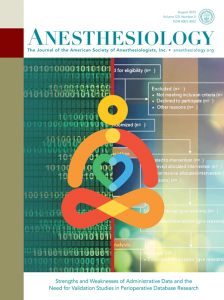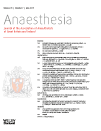 Countries that publish less science appear to “borrow” more language from others than other, more scientifically prolific countries, according to a new small study.
Countries that publish less science appear to “borrow” more language from others than other, more scientifically prolific countries, according to a new small study.
Using a novel approach of comparing a country’s total citations against its total published papers (CPP), the authors categorized 80 retractions from journals in general and internal medicine. This is a relatively small number of retractions from one specific field of research; still, they found that:
Thus, retractions due to plagiarism/duplication were 3.4 times more likely among low-CPP countries than among high-CPP countries.
The CPP authors’ suggested interpretation? Continue reading Is less publishing linked to more plagiarism?







